Hate Heaped on Black Heroines of the French Resistance Would Look Familiar to AOC and Rashida Tlaib
The Conversation

AOC, Ilhan Omar and Rashida Tlaib would recognize the treatment of black women in France who fought Nazis during World War II but were accused of not being French enough when, later, they entered politics



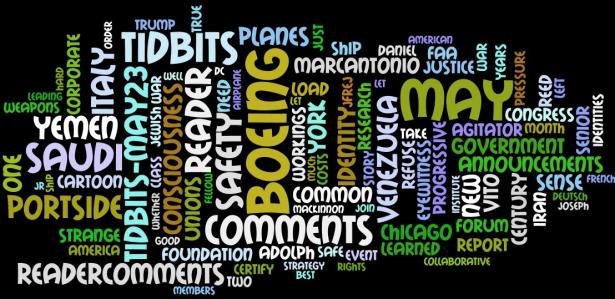
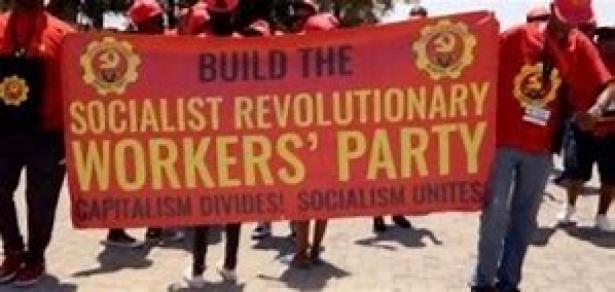


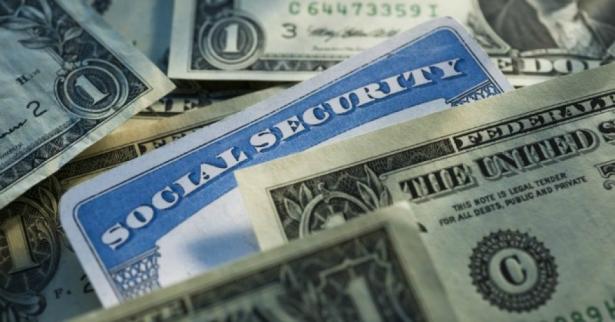
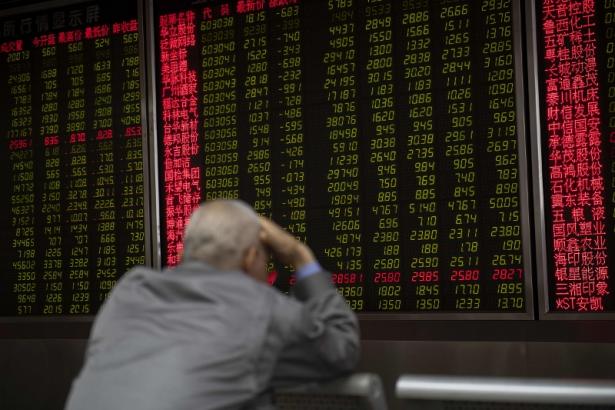
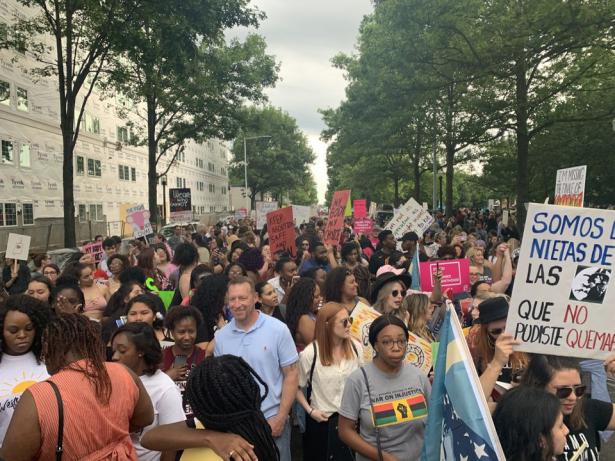
Spread the word